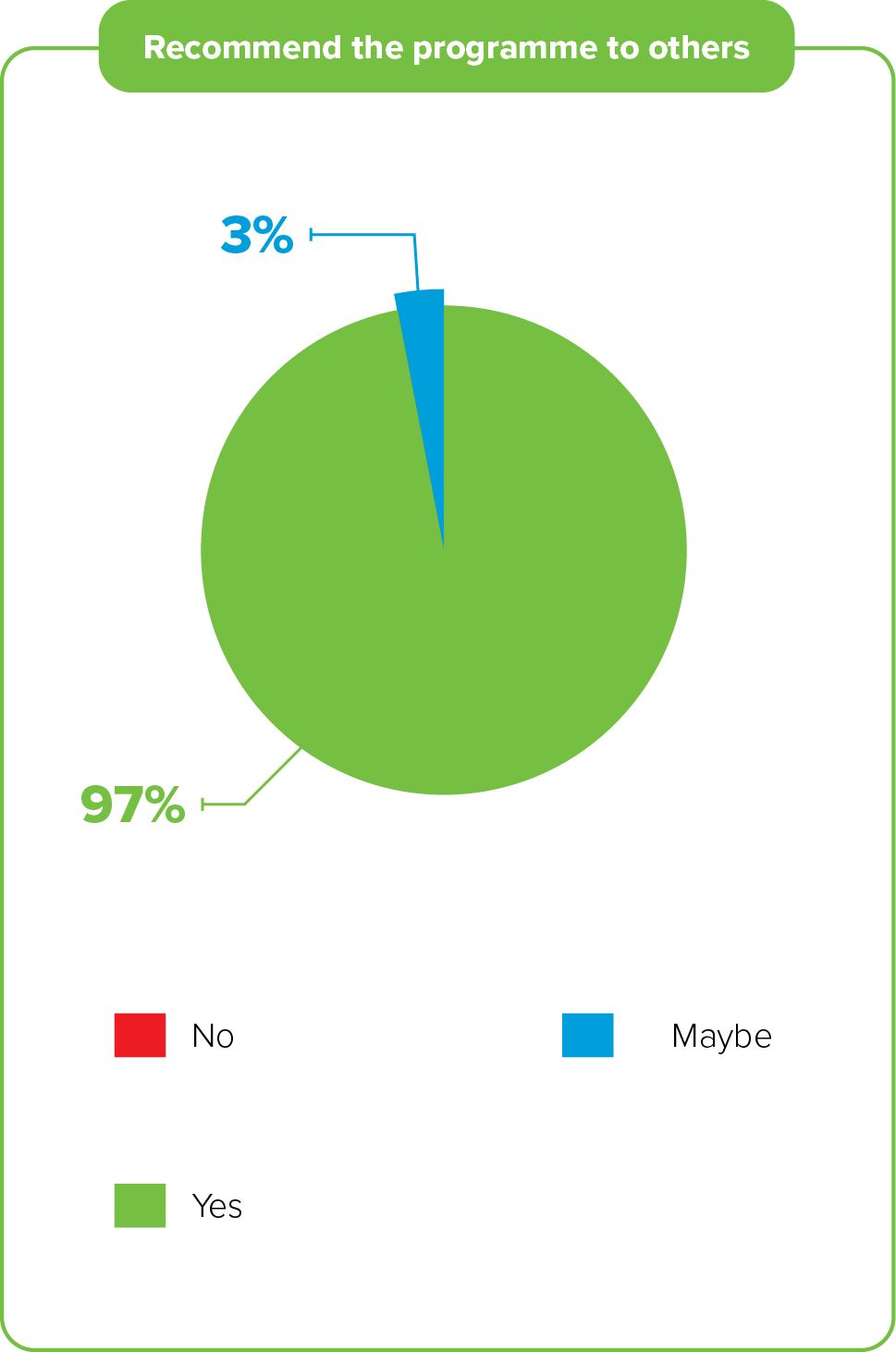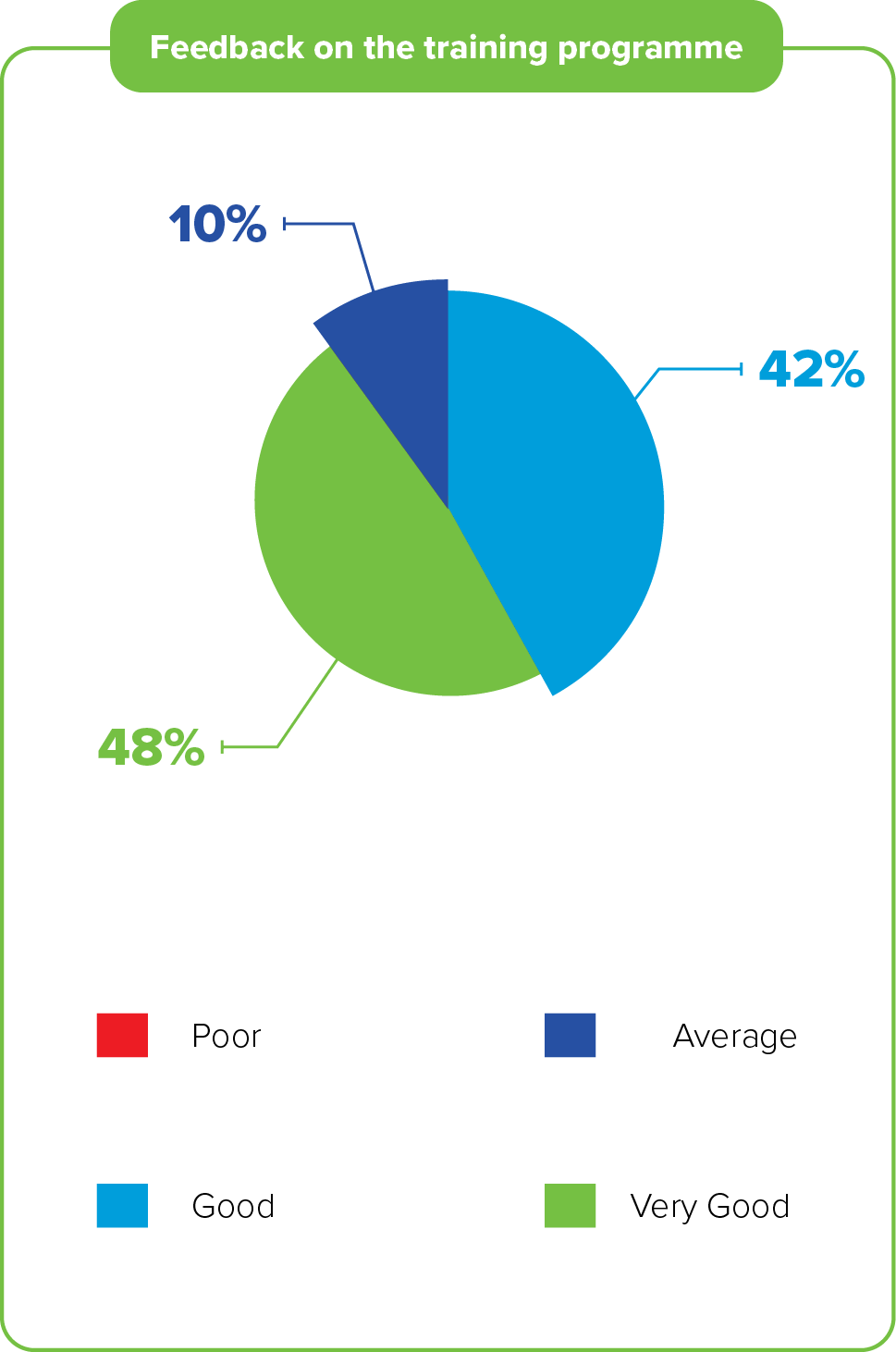
Uno Minda CSR and
Community Outreach
Community interventions are actions or programmes that aim to improve the well-being, and quality of life of individuals and communities. These interventions can take many forms and can address a wide range of issues, such as skill development, healthcare, disease prevention, social and economic development, education, and environmental sustainability. Community interventions involve working collaboratively with community members, organisations, and stakeholders to identify the needs and priorities of the community and to develop and implement effective strategies and solutions. The goal is to create sustainable and meaningful change that benefits the community as a whole.
Uno Minda Group through Suman Nirmal Minda Foundation (SNMF) has significantly contributed and made measurable progress towards empowering the community. Our CSR intervention contributes to a positive societal impact through diverse community engagement initiatives.
We started our first project in 2001; expanded in recent years and with time, in the year 2012, the Group commenced Samarth-Jyoti – a flagship CSR project under Uno Minda Group banner, with a vision to enable and empower underprivileged to live life with dignity and happiness under the able leadership of and guidance of Mrs. Suman Minda, Chairperson – Suman Nirmal Minda Foundation (SNMF) & Mr. Nirmal K. Minda, CMD – Uno Minda Group. Till date, we have reached approx. 1.5 Lakhs beneficiaries directly and indirectly across India with our 17 project locations covering 7 states. The Foundation currently focuses on four thematic areas i.e. Education, Skill Development, Preventive and Curative Healthcare, and Community Development And Well-Being.
Our multi-pronged approach to education is implemented through structured intervention, campaigns and initiatives to enhance children’s learning levels. Through the Samarth-Jyoti Community School Education programme, we focus on delivering informal primary education to children. We also support government school students with remedial classes by providing coaching to bridge academic gap. We also conduct various talent and skill-building activities to identify skill gaps and empower the community through our skill development interventions. We primarily provide vocational training programmes in cutting and tailoring,
beauty culture and computer basics & hardware, and encourage students to become skilled, & self-reliant. Post training, we also empower women to form & promote Self Help Groups (SHGs) for their livelihood opportunities. We continuously strive to promote good health and undertake activities to bridge the gap by awareness amongst underprivileged sections of society. We collaborate and involve different stakeholders like Community, PRI Members, Local Administration, Government, Employees & Customers for contributing towards community development.
About Suman Nirmal Minda Foundation
We implement our CSR initiatives through our CSR cum philanthropic arm – Suman Nirmal Minda Foundation (SNMF). For more than two decades, the Group has been formally and strategically involved in social initiatives and has started various community centric projects.
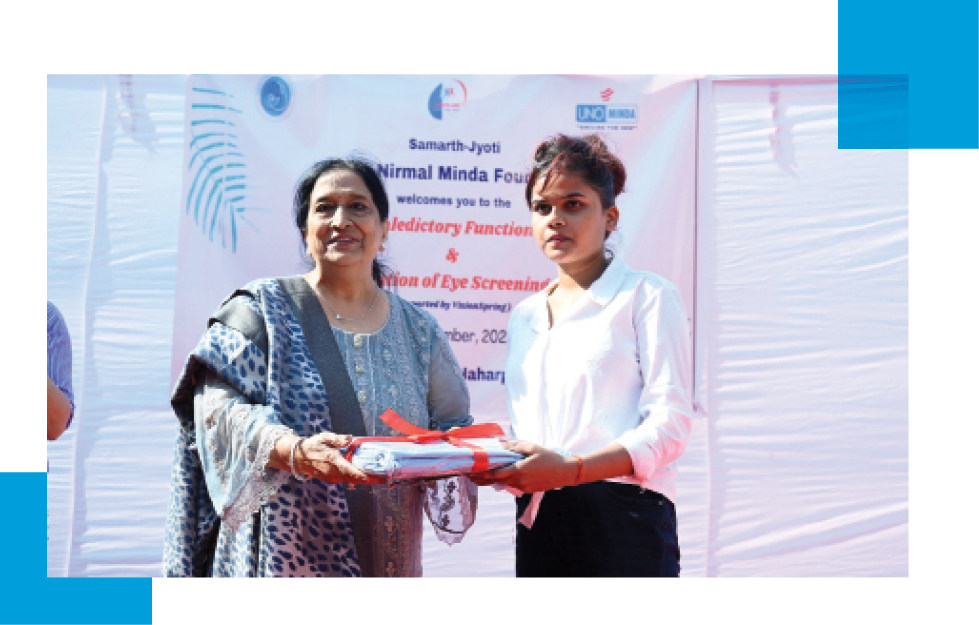
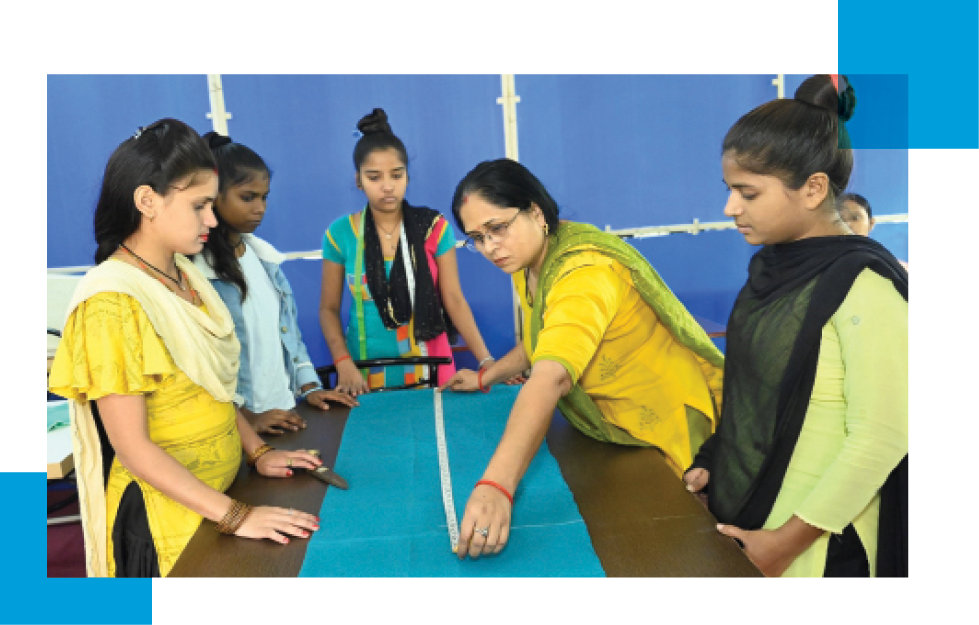
Capitals Impacted

Social & Relationship Capital

Human Capital
SDGs Impacted
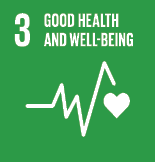
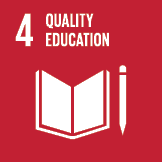
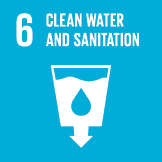
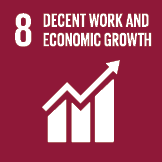
Performance Highlights of FY 2022-23
19,339
Lives Impacted
954
Individuals Trained
We started our journey by establishing institutional care to support the children in need of care and protection in outskirts of Delhi, Sr. Secondary School, and 100 bedded hospital for rural communities at Bagla, Hisar Haryana. Moving further, we established The Suman Nirmal Minda School Detroj in Gujarat in March 2019, equipped with state-of-the-art teaching facilities to provide overall development of students. It is a CBSE affiliated sr. secondary school with a capacity to cater approx. 1,500 students and currently more than 700 students are being benefitted from the project. In 2012 we started Samarth-Jyoti centre to serve the community in terms of education & skill development. Today, almost 17 centres are operating across India.
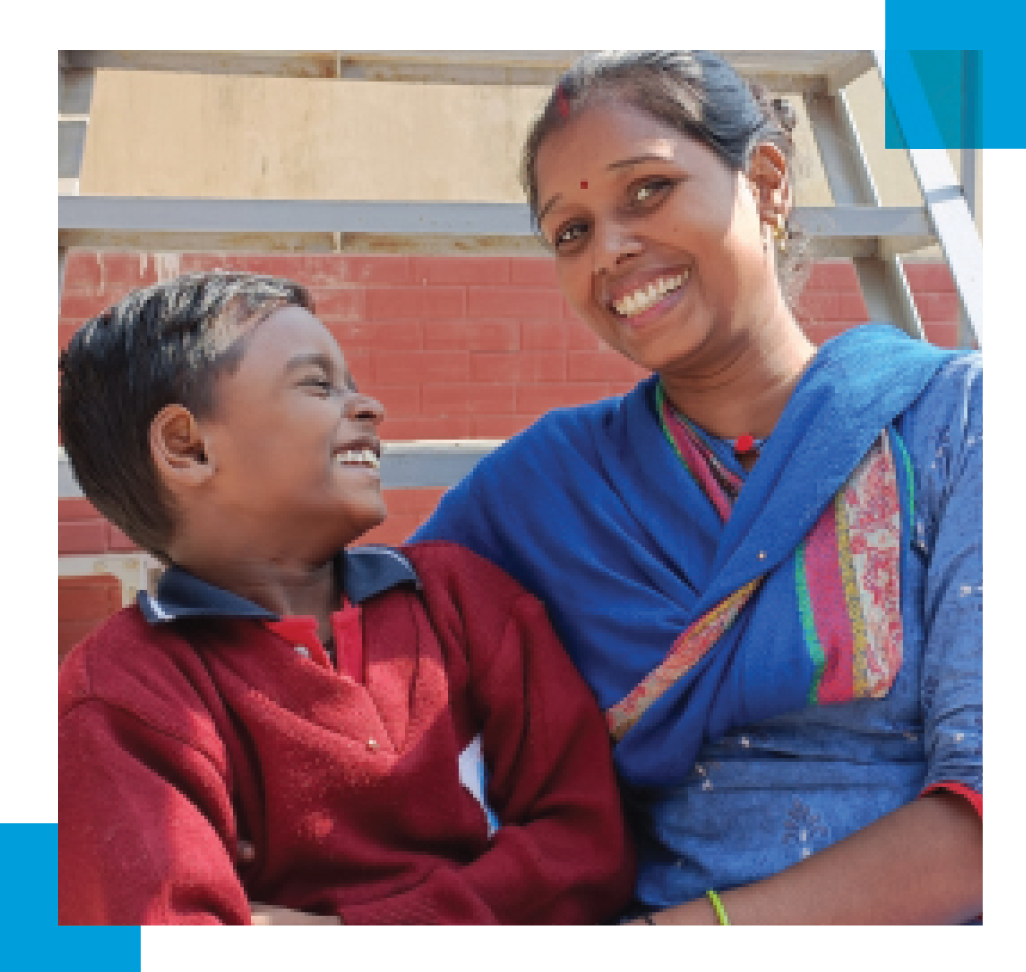
Execution and Implementation
Our programmes are designed to create a long-lasting impact and focus on majorly four thematic areas as follows:
Education and Skill Development
We provide various training to students who belong to economically backward sections of the society. The programmes are designed to empower women, adolescent girls and marginalised population and our remedial programmes are designed to support government school going children. There has been a huge improvement in academics of students which has helped in bridging the gap. Our community schools focus on co-scholastic and scholastic aspects of the students to help them align to state and national education system. Our objective is to identify and support out of school children and provide them value-based quality education and mainstream them to regular schooling.
The Suman Nirmal Minda School
It is an aspirational school and a part of Uno Minda Group goal to construct school in different areas of India to support our stakeholders with value based, quality and affordable education. The purpose of this project is to fulfil the aspirations of deprived families who were unable to send their children to good schools. This is a CBSE affiliated Sr. Secondary School that provides over-all development of students.
Suman Nirmal Minda Foundation also supports and facilitates projects running under Moga Devi Minda Charitable Trust (MDMCT) with various educational and healthcare facilities such as:
1
Moga Devi Minda Memorial School was established in 2010. It is spread over 6 acres and is affiliated to CBSE. It provides holistic learning environment and encourages creative thinking. The school is a Senior Secondary, Co-education School with more than 1200 students. School caters to provide high quality education in rural areas with excellent facilities.
2
Shadi Lal Minda Memorial Hospital was inaugurated in 2016 at Bagla, Hisar, by Honorable Chief Minister, Manohar Lal ji. It is a 100 bedded, multispecialty hospital with all modern amenities, facilities and specialised doctors to support rural people.
3
S. L. Minda Skill Centre was established in 2007 to provide vocational training to rural people.
4
S. L. Minda Sewa Sadan was established in 2007 to provide community space to village folks to hold meetings, social, religious functions and get-togethers.
PROJECT – ‘WORLD ON WHEELS’ (MOBILE IT LITERACY PROGRAMME IN COLLABORATIOn WITH HP INDIA, BHARAT SCOUTS & GUIDES AND MDMCT)
The project, WORLD ON WHEELS ‘WOW’ is aimed at training school-going children, community students and job-oriented youth to help them in enhancing their IT skills by provided the access to computers for students who wish to grow further in future.
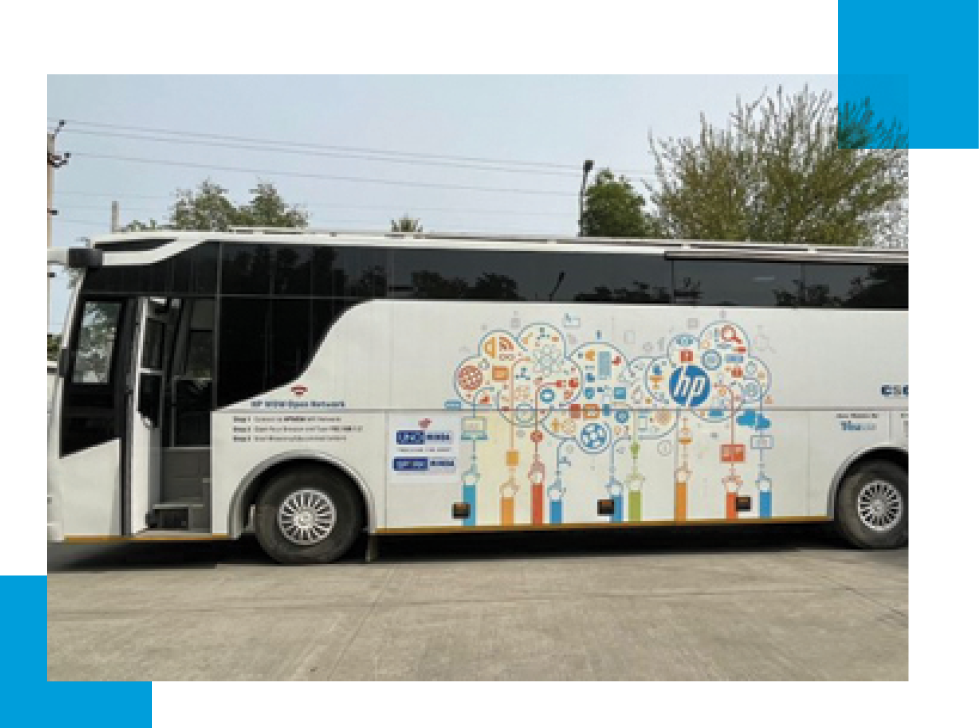
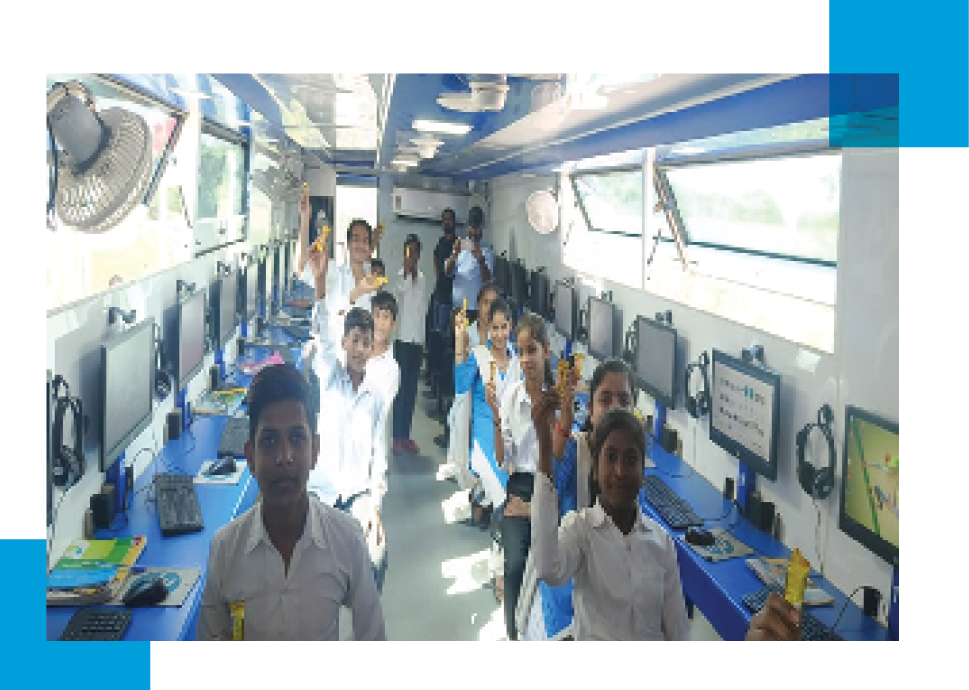
Preventive and Curative Healthcare
We organise various awareness campaigns benefiting community members at large. The programs are aligned to national and international causes leading to strengthen the community. Our awareness campaigns focus on adolescent girls and women to help them provide with sustainable practices. We also help poor community members with dialysis support and cataract surgeries as per the need. Samarth – Jyoti (SNMF) in collaboration with Visionspring India has covered approx. 5000 community children in Gurugram and NCR to encourage good health and wellbeing. The plan is to scale this project at national level to support maximum children.
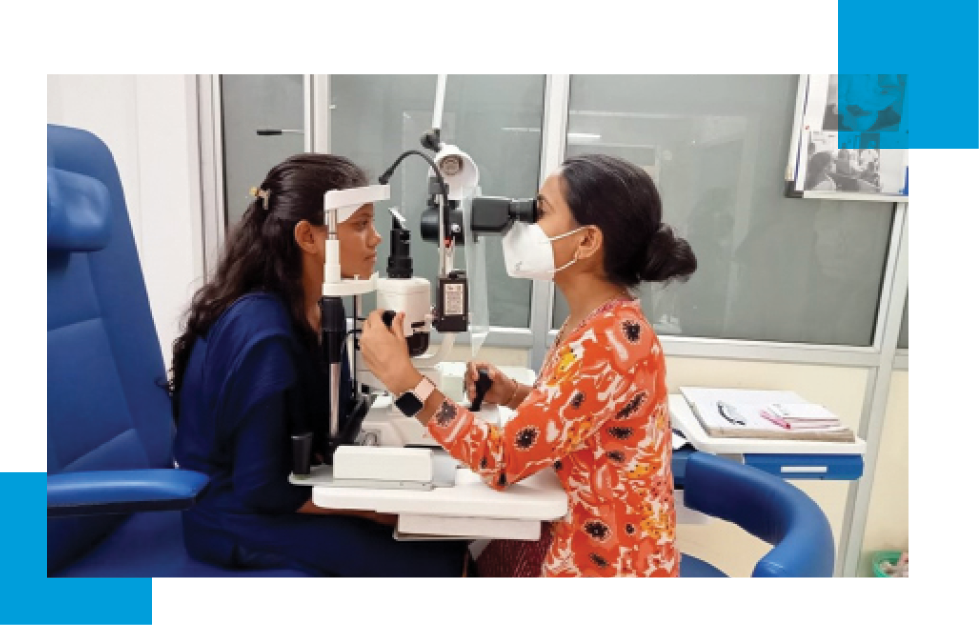
Community and Well-being Development
This is a collaborative model wherein we have provided infrastructural and developmental support to communities and local bodies for the welfare of overall community. It’s a tailored initiative which we conduct as per the requirement of locality creating substantial impact. Some of the key projects include infrastructural support to govt. schools, renovation of Aaganvadi, distribution of PPE Kits, and classroom enrichment.
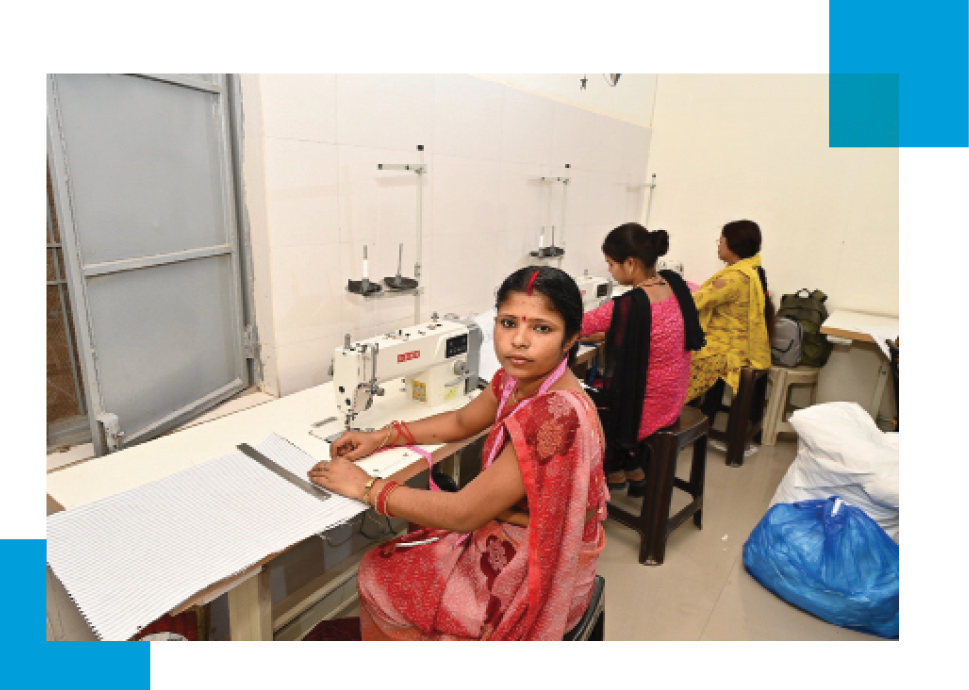
Need Assessment
Our CSR programmes are conceptualised as per the need of the community that positively impacts society and brings about a lasting change in the life of the community. We operate through direct intervention in the community under Samarth-Jyoti Initiative. We have a structured framework to plan and implement our initiatives. Our approach is to do need identification in the community through a baseline survey, interviews, and focus group discussion. After analysing the findings of the survey, we plan and strategise the programme as per the necessity of the community and its feasibility.
Monitoring & Evaluation
Our CSR planning is structured with goals to achieve for the year. A tailor-made Monitoring and Evaluation framework forms one of the foremost components leading to the successful implementation of any project activity. We believe in teamwork and a strong competent team delivers the implementation process across our centers. The professional team at each centre leads the front in tackling the challenges in the field. We have effective monitoring and evaluation framework and mechanism to evaluate and monitor project movement. Further, the assessment is done based on specific indicators which are achieved within specified timelines. We also have a comprehensive analysis plan to record the accurate analysis of data. The projects are reviewed at intervals by different committees by CSR Head and chaired by CHRO and Chairperson. They are also reviewed at Board level to ensure effective implementation to create positive impact on society.
Impact Assessment
An impact study was conducted by a leading consulting firm to understand the impact of the programme considering various qualitative and quantitative indicators like assess the level of awareness of the beneficiaries, perception of the stakeholders, and employability. etc; whereby, Social Return on Investment (SROI) of vocational training programs was done where in projects were rated with high standard returns of 1.24. The analysis of the impact assessment highlighted that there has been an increase in the rate of employment, increase in the average monthly income from 3000 to 5000 of the beneficiaries. The impact study illustrates that the programmes lead to development of community, change in perception and behaviour, confident towards the future goals. It accelerated our sustainability aspirations and our interventions across our projects, which in turn made our communities dream bigger.
- To understand the Social Return on Investment of vocational training projects
Qualitive Findings
- Women mentioned that the training helped them income, due gain employment, providing them with economic independence.
- Increased ownership of disposable income, due to employment, provide women with opportunity to contribute to their household expenses, leading to increased decision making within the family.
- Women were more confident about the acquired skill and were motivated to develop it further to improve the living conditions of self and their family.
- Interest of women towards education of their children was also enhanced due to the exposure they gained during the course of the training.
